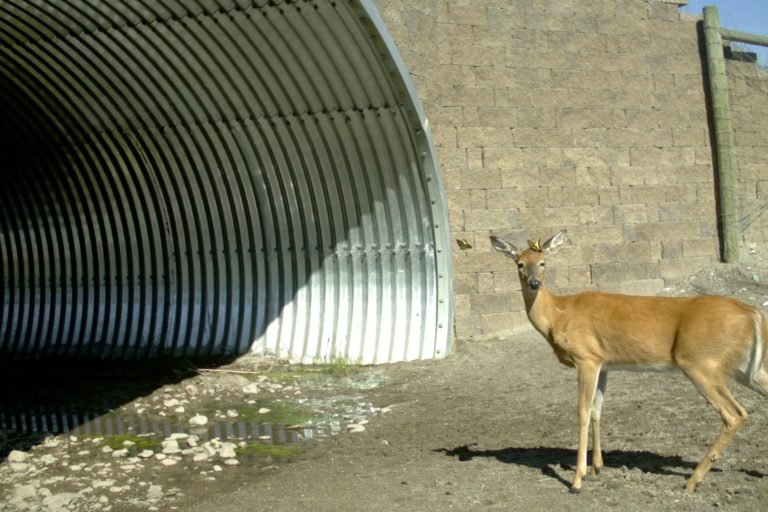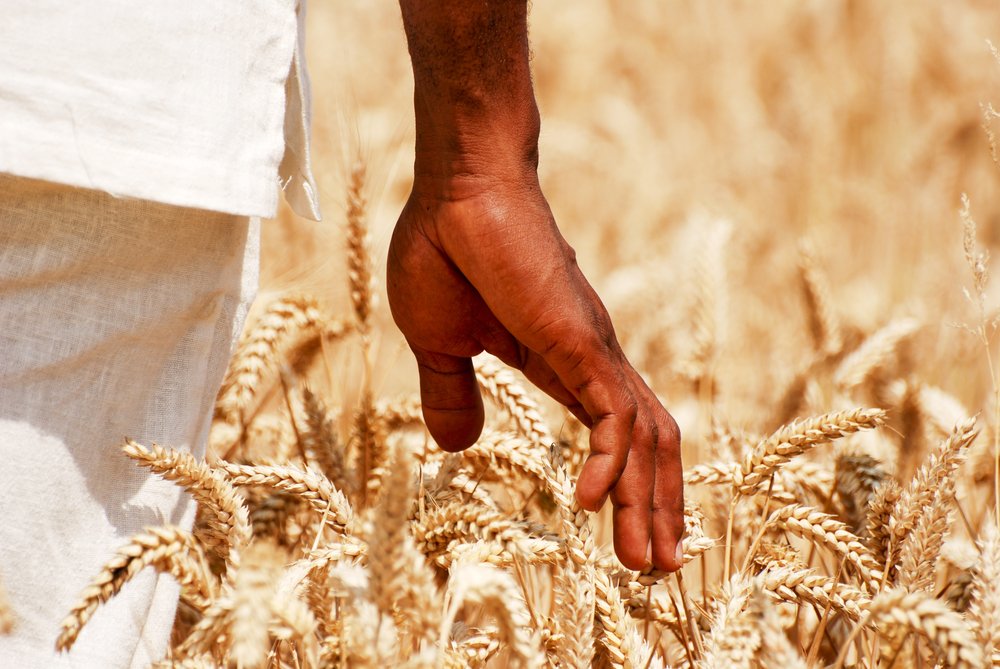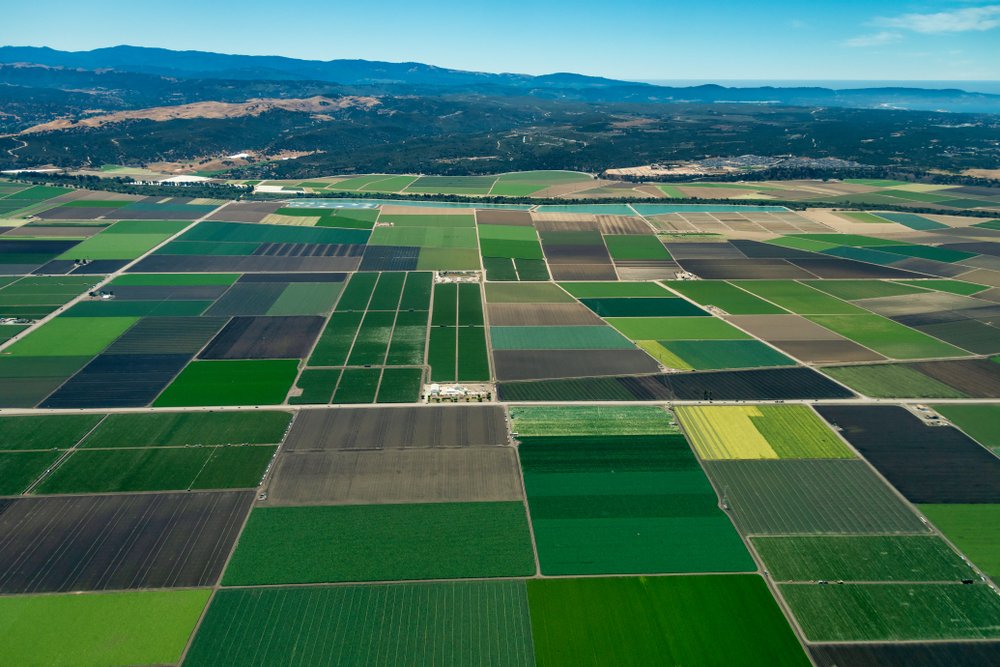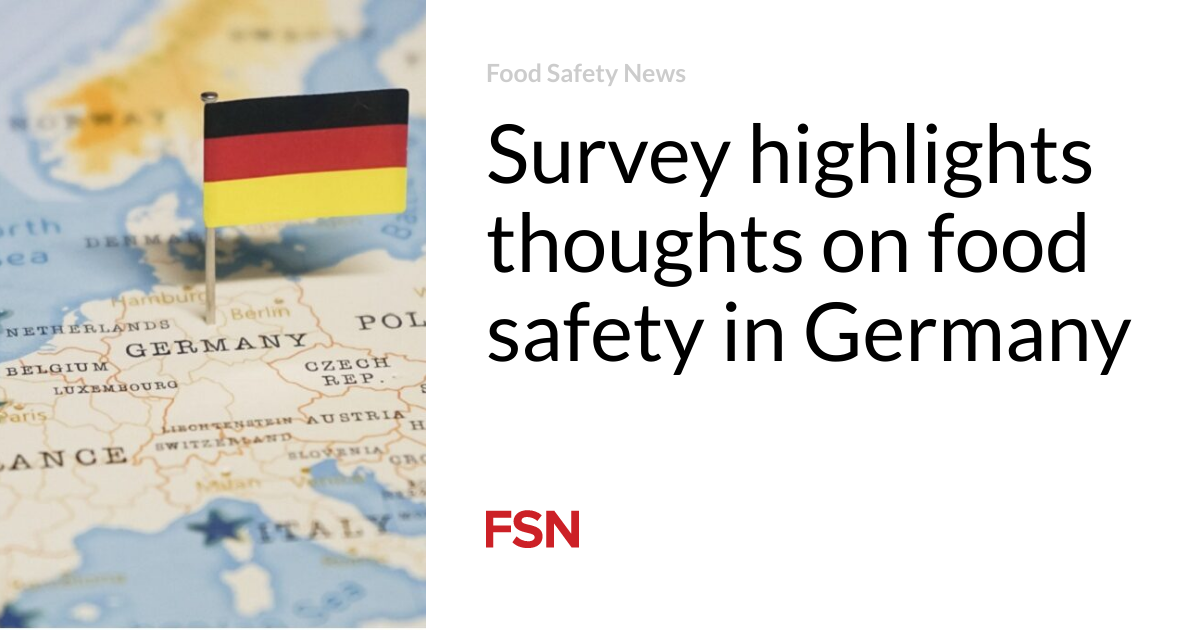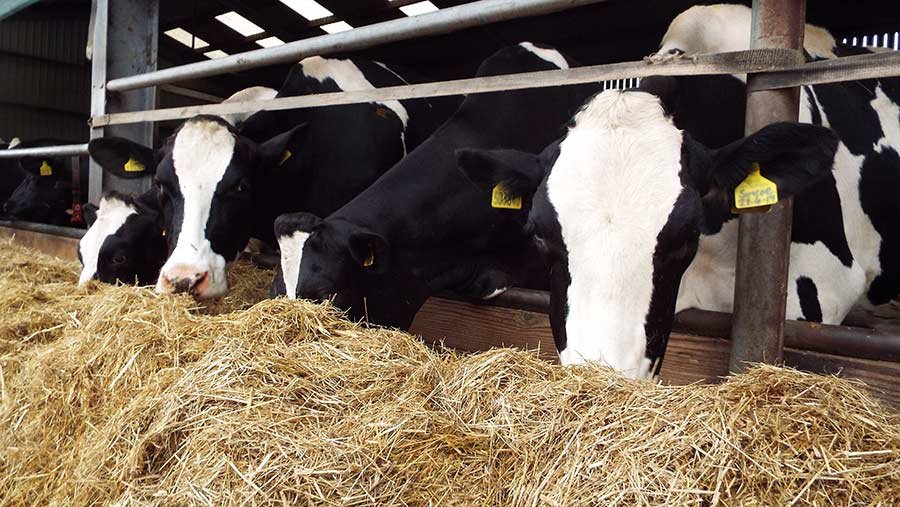- More than 75% of funds earmarked for Africa-related climate research go to institutes in the U.S. and Europe, according to a study in the journal Climate and Development.
- Of the $620 million that financed Africa-related climate research between 1990 and 2020, research institutions based in Europe and the United States received most of the funding ($480 million), while those located in Africa got less than 15% ($89.15 million).
- However, the analysis only provides an estimate for financing trends because it leaves out a host of agencies that fund climate research, like aid organizations, and crucially is restricted to English-language research.
- What is equally, if not more, worrisome, is that the prioritization of countries as sites for research doesn’t align with the severity of the climate risks or impacts a country faces.
As the thorny question of climate responsibility and funding for damages takes center stage at the COP27 summit in Egypt, one aspect of climate finance remains understudied: climate research funding.
A rare analysis has uncovered a striking pattern: more than 75% of funds earmarked for Africa-related climate research go to institutes in the U.S. and Europe, according to the study in the journal Climate and Development, which tracked grants from more than 500 funders.
There is already a deep funding deficit: less than 5% of the funds allocated for climate research globally focus on African countries, even though the 10 nations considered most vulnerable to climate change impacts in 2020 were all in Africa.
Of the $620 million that financed Africa-related climate research between 1990 and 2020, research institutions based in Europe and the United States received most of the funding ($480 million), while those based in Africa got less than 15% ($89.15 million).
The study analyzed research grants logged on the Dimensions database. They collated information about which countries and entities financed Africa-related climate change research, where the work was happening, who was receiving the money, and what topics were covered.
While the Dimensions database is large, it’s far from complete or a perfect reflection of how climate research is financed. It leaves out a host of agencies that fund climate research, like aid organizations, and crucially is restricted to English-language research. As such, the researchers could only provide a “best estimate” for financing trends.
Their analysis showed that the U.K., U.S. and EU provide the most financing for Africa-related climate research.
Who funds research is a factor in determining research priorities and how opportunities for pursuing inquiries are distributed. That in itself may not be a problem, but it often comes at the cost of producing knowledge that’s useful for decision-makers and local partners.
The study authors draw attention to one way this can compromise a project’s utility: data availability and access to field research sites can sometimes trump concerns about relevance and the potential impact on policies.
One reason for the lopsided distribution of research funding is that African institutions and governments themselves are not big funders of climate research.
This is evident in the absence of African institutes in the Dimensions database. Of the 521 funding organizations listed, only one was based in Africa: the National Research Foundation of South Africa. This would bias results about who funds Africa-related research but not enough to undermine the broader patterns, the researchers argue.
Yet, according to a roundup from the Carnegie Endowment for International Peace, researchers at more than 150 institutes in African countries study various aspects of climate change.
Foreign funding can come with strings attached, such as agencies requiring grantees from the country where funds originate to take a lead on projects. While these institutes often collaborate with local researchers, only a small fraction of projects have scientists from African institutions as lead investigators or first authors on published papers.
Within Africa, too, organizations in a few countries command a disproportionate share of the funds: Kenya (2.3%), South Africa (2.2%) and Tanzania (0.92%).
What is equally, if not more, worrisome, is that the prioritization of countries does not align with the severity of the climate risks or impacts a country faces. Most of the climate research funded by the grants analyzed in the recent study was focused on South Africa, Kenya and Tanzania. Yet these countries are in a relatively better position among African nations to tackle the impacts of climate change. The most vulnerable, by contrast, are Niger, Somalia and Chad, followed by Guinea-Bissau and Sudan.
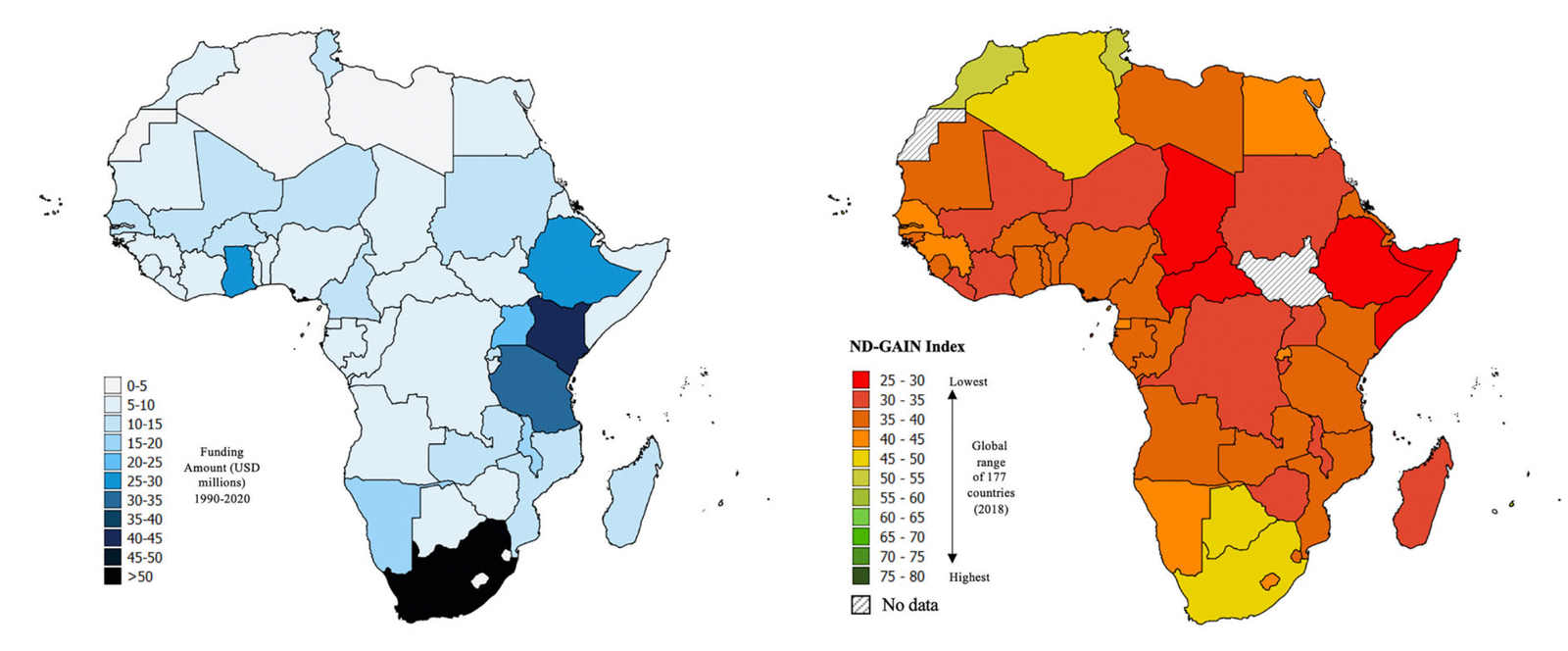
There is also a glaring omission of Central African countries, particularly the Democratic Republic of Congo (DRC), which is home to the world’s second-largest swath of tropical rainforest, after Brazil, and hosts a vital peatland carbon sink. Yet, according to the study, it received only $7 million of the $620 million in climate research funding over three decades.
However, one of the biggest drawbacks of the analysis is that it only considers papers published in English. The DRC is a French-speaking country, one of at least 21 in Africa.
Though the share of climate research funds for African remained low (less than 5% of the global total), there was more of it between 2010 and 2020 than in the previous two decades.
Apart from calling for greater funding for Africa-based research organizations and more contributions from African nations, the authors also recommend that funding agencies enable “marginalized groups to lead and set research agendas.”
The uneven distribution of climate research funds reflects and feeds into a stark underrepresentation of African scientists (residing in or from African countries) in the climate change debate. When Reuters published a list of the 1,000 most influential climate scientists in 2021, there were only five scientists based in Africa, of whom four were in South Africa, and none of the five were people of color.
(Banner Image: A researcher tags a mouse lemur in Ranomafana National Park, Madagascar).
Citation:
Overland, I., Fossum Sagbakken, H., Isataeva, A., Kolodzinskaia, G., Simpson, N. P., Trisos, C., & Vakulchuk, R. (2021). Funding flows for climate change research on Africa: Where do they come from and where do they go? Climate and Development, 14(8), 705-724. doi:10.1080/17565529.2021.1976609



